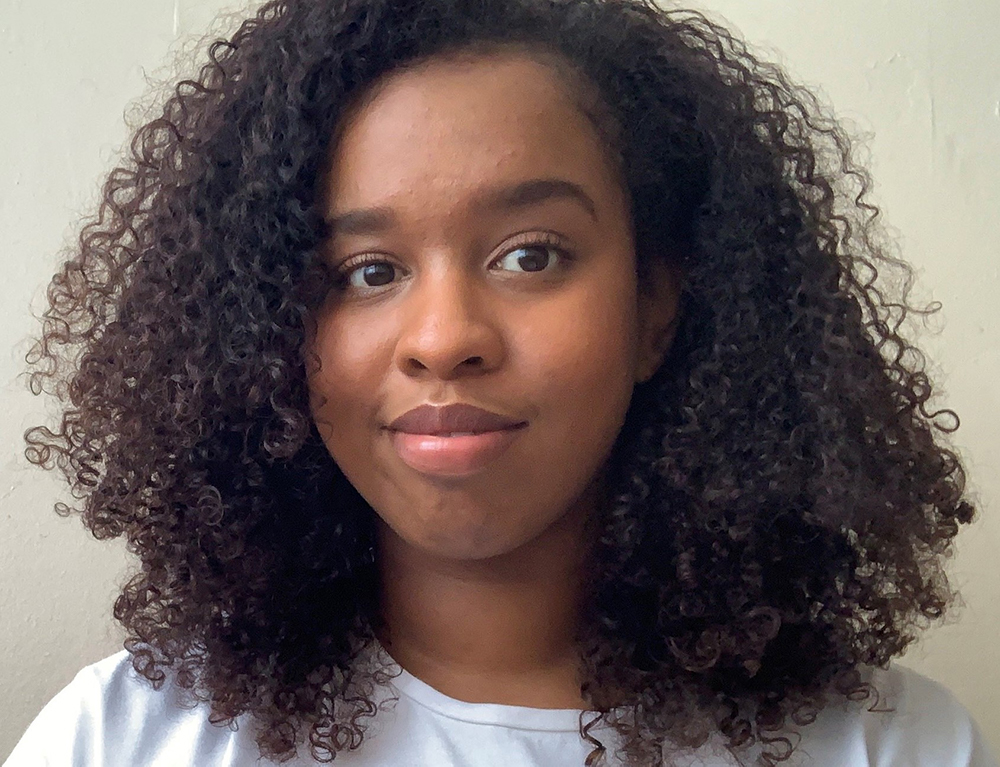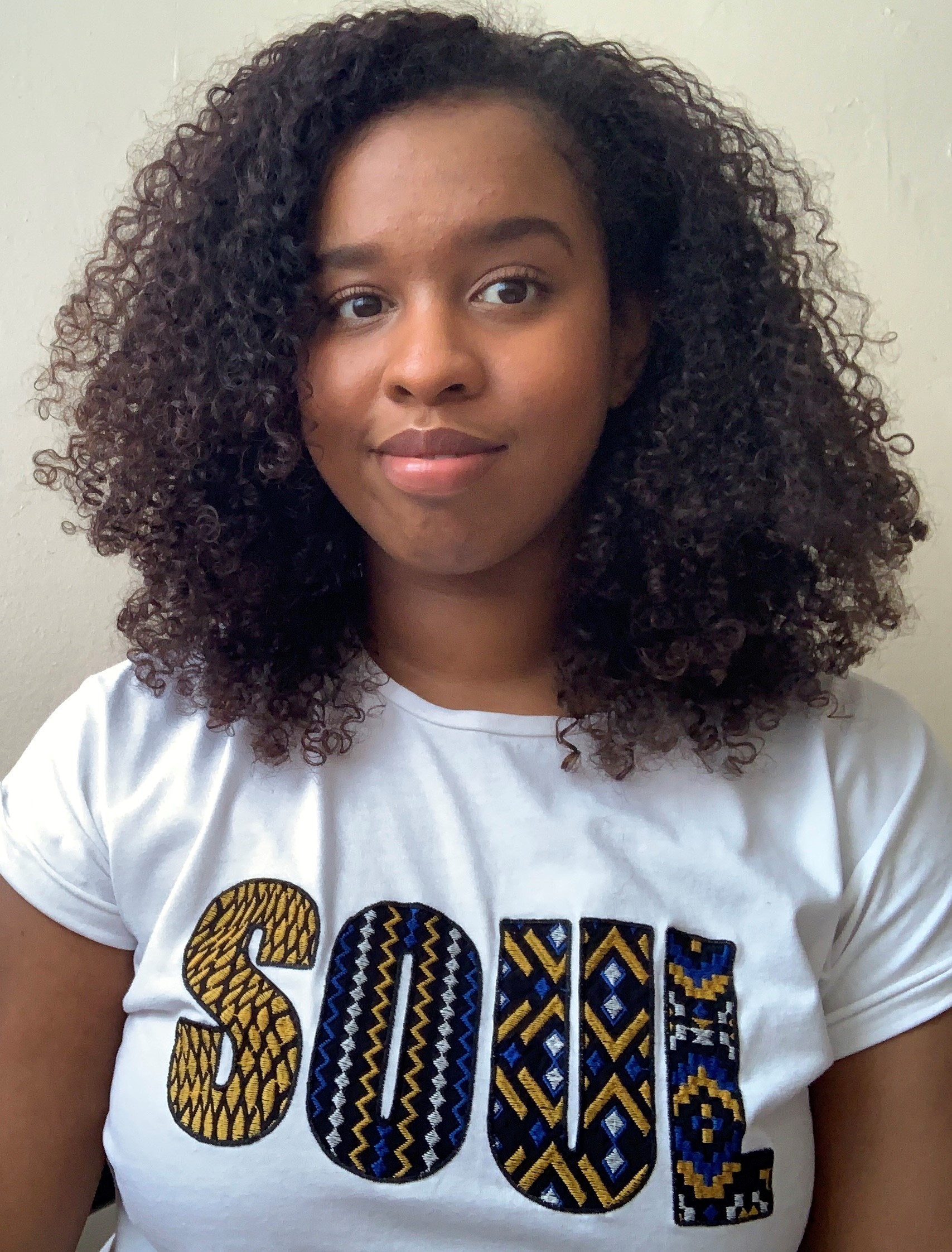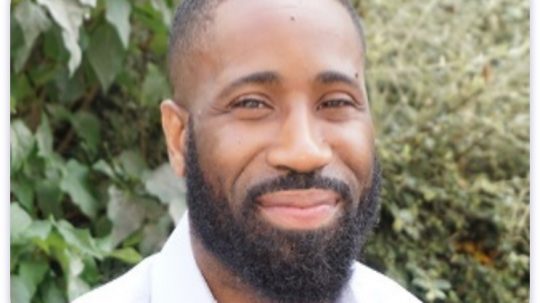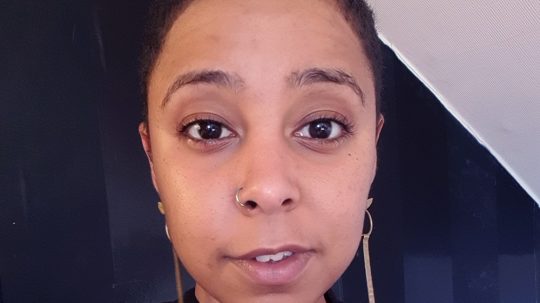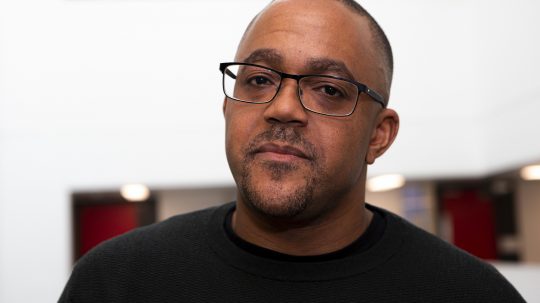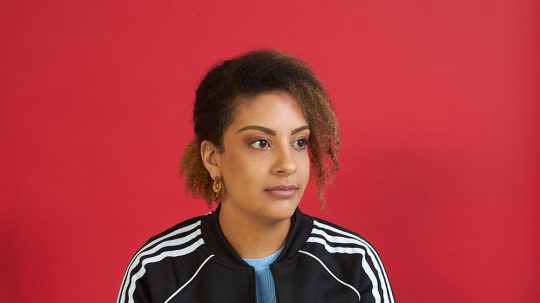We have all had a lot to deal with this year, but young Black people have faced particular challenges that are likely taking a toll on their mental health. The coronavirus pandemic has meant that many young Black people have missed out on vital education, are under increased police surveillance, and are more likely to have lost their jobs. On top of all of this, the devastating killing of George Floyd sparked worldwide protests in solidarity with the Black Lives Matter movement and prompted conversations about racism, including in the UK.
Many of the young Black people I have been speaking to over the past few months have been feeling unsafe, unheard, and uncertain about their futures. A lot of them are also dealing with a lot of grief having lost family members to Covid-19 and they feel unsupported.
As a young Black woman myself, I have never felt so emotionally exhausted and overwhelmed by what I’ve been hearing and seeing. I had to check myself and say: “with all that is going on in the world – self-care is no longer just an option”.
Before the pandemic, young Black people faced persistent and wide-ranging inequalities that threatened their mental health. For example, nearly half of Black children (47%) in Britain are living in poverty, compared to just over a quarter (26%) of White children. It’s well known that poverty increases the risk of developing mental health problems, yet these disparities do not receive the attention they need.
Black communities are also less likely to seek help for their mental health due to previous negative experiences in the mental health system or because of cultural stigmas associated with seeking support. When they do need help, Black young people are much more likely to come into contact with services through involuntary routes. For example, we know that Black people are four times more likely to be detained under the Mental Health Act than their White counterparts. People from Black communities are also far more likely to be diagnosed with a serious mental health condition and don’t receive the care they need early enough.
The psychological impact of racism
Inequalities in the mental health care of Black people are evident and racism is the most disturbing of the explanations for these inequalities. It has been linked to several poor mental health outcomes, such as anxiety, depression and sleep difficulties.
The killing of George Floyd, Breonna Taylor and many others has had a profound and traumatic impact on the mental health of the Black community. Many have been feeling anxious, fearful and rightly angry. These incidents have also uncovered much racial trauma within the community, forcing many of us to reflect on our regular encounters with racism and how it makes us feel.
There are nearly 300 disorders listed in the Diagnostic and Statistical Manual of Mental Disorders (DSM-5) – the handbook used by many mental health professionals – and not one of them recognises the impact of extreme racism. Racism is a stress factor and must be recognised as such within mental health so that professionals can better understand its impact as a trigger for symptoms.
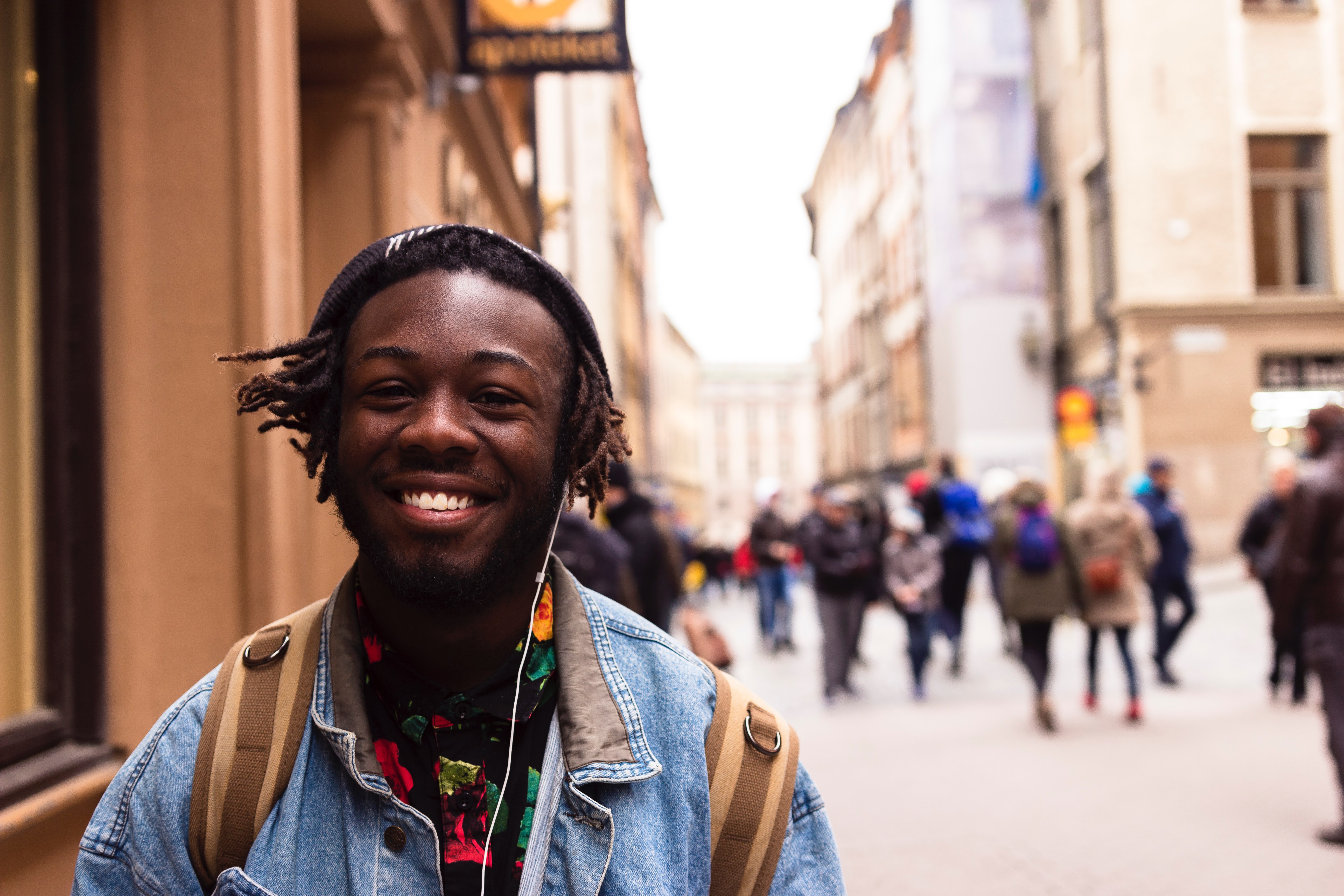
Black, Asiana and minority ethnicity Britons have been disproportionately affected by the Covid-19 pandemic. Credit: Unsplash
Young Black people’s mental health during the pandemic
Early on, we were told that ‘Covid-19 doesn’t discriminate’. But it was soon clear that some people were more likely to be affected than others. The same is true of mental health problems. Black young people appear to be more at risk both of contracting Covid-19 and of experiencing poor mental health.
Research from the largest online counselling provider, Xenzone, finds the number of Black and minority ethnic (BAME) young people seeking mental health support from their platform, Kooth, increased significantly since the start of lockdown. The numbers of BAME young people reporting depression increased by 9.2%, while for White young people it went down by 16.2%. Worryingly, suicidal thoughts among BAME young people also increased at a greater rate compared to their White counterparts.
All the evidence shows that Black people are being disproportionately impacted by Covid-19 and its effects. This may also be heavily impacting on the mental health of young people from the same communities.
Last week, we saw the chaos caused by the release of A-level and BTec results based upon predictions made by teachers and algorithms, following the cancellations of exams. Around 40% of A-level results were downgraded, leading to much uproar. This hit many Black young people particularly hard as pupils in disadvantaged areas were marked down more. The whole debacle caused Black pupils much distress and fuelled anxiety about their futures. They already had to struggle to navigate an unequal education system and now they feel their hard work was all for nothing. It has been deeply upsetting. The subsequent decision to allow the use of teacher predicted grades is welcome, but may also be the lesser of two evils for young Black people due to the impact of racial bias in the education system.
What needs to be done about it?
Through our work at Centre for Mental Health, we know that raising awareness of racial inequalities in mental health itself has not been enough to bring about lasting change in people’s lives. Many of the problems and solutions our research highlights are not new, but sustained action and leadership has been lacking.
There is also a need to better understand the experiences of young Black people in the mental health system and from their own perspective.
We need to move towards more accessible, culturally competent mental health services for young Black people. In Birmingham, we are involved in an innovative partnership called Shifting the Dial, that seeks to achieve just this. It focuses on building mental resilience amongst young Black men by strengthening their skills and creating leadership and employment opportunities to prepare them for adulthood.
It’s clear that taking a colour-blind approach to support just isn’t working.
The views expressed in this article are those of the author and do not necessarily reflect the views of EachOther.

